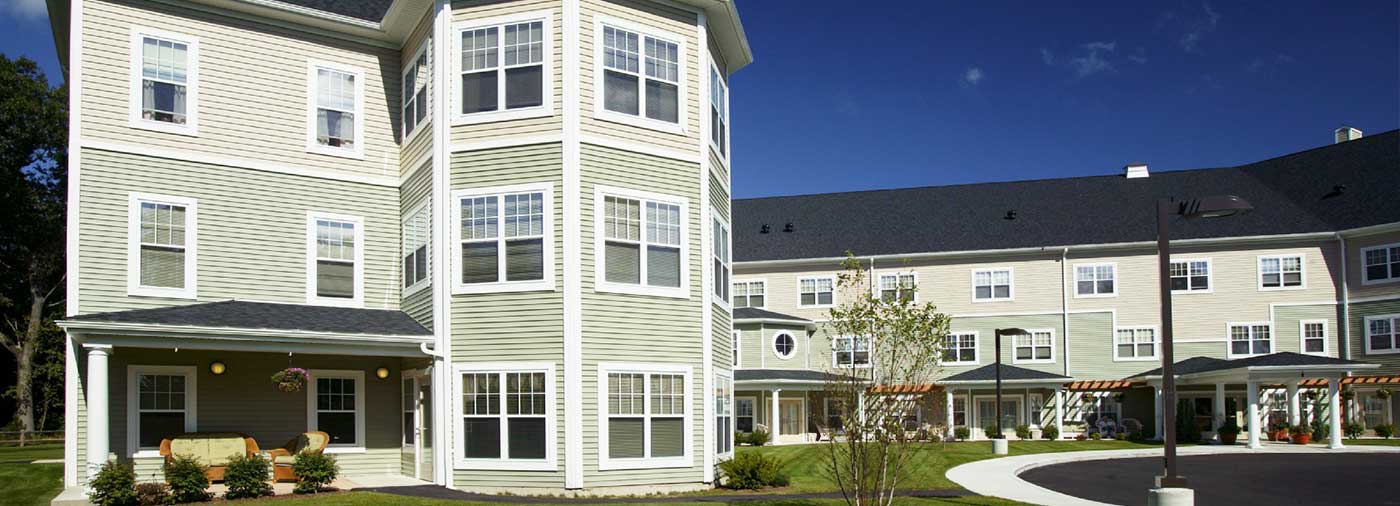Tax Deduction for Assisted Living Expenses
Please do not view this document as legal or financial advice. The information contained herein may be subject to varied interpretation. We strongly urge all residents and families to check with their own independent tax professional for opinions and detailed guidance.
About the Massachusetts ‘Circuit Breaker Credit:’
For tax years beginning on or after January 1, 2001, certain taxpayers age 65 or older may be eligible to claim a refundable credit on their state income taxes for the real estate taxes paid during the tax year on the residential property they own or rent in Massachusetts that is used as their primary residence. Fees paid to an assisted living residence are considered rent for purposes of taking this credit if:
- The facility pays real estate taxes; and
- An actual landlord-tenant relationship exists between the taxpayer and the assisted living center.
Whitney Suites meet both of these criteria for 2012. Whitney Suites paid $140.37 per month per apartment in real estate taxes during 2012. Whitney Place at Natick paid $120.99 per month per apartment in real estate taxes during 2012. Whitney Place at Northborough paid $86.96 per month per apartment in real estate taxes during 2012. Whitney Place at Northbridge paid $72.80 per month per apartment in real estate taxes during 2012. Whitney Place at Westborough paid $139.88 per month per apartment in real estate taxes during 2012. Residents and part-year residents should review the qualifications for this credit by consulting the Massachusetts Department of Revenue website (www.dor.state.ma.us) or tax forms for 2012.
About Federal tax deductions:
We wanted to make sure our residents and their families were aware that qualified long-term care services may be claimed as an itemized medical expense and deducted from gross income. Many residents of assisted living facilities may claim the entire assisted living fee as an itemized medical care expense.
“Qualified long-term care services are necessary diagnostic, preventive, therapeutic, curing, treating, mitigating, rehabilitative services, and maintenance and personal care services that are:
- Required by a chronically ill individual, and
- Provided pursuant to a plan of care prescribed by a licensed health care practitioner.
Chronically ill individual: An individual is chronically ill if, within the previous 12 months, a licensed health care practitioner has certified that the individual meets either of the following descriptions.
- He or she is unable to perform at least two activities of daily living without substantial assistance from another individual for at least 90 days, due to a loss of functional capacity. Activities of daily living are eating, toileting, transferring, bathing, dressing, and continence.
- He or she requires substantial supervision to be protected from threats to health and safety due to severe cognitive impairment.”
Note that qualification involves either condition. Please refer to IRS Publication 502.
About adult children taking deductions:
An itemized medical care expense may be claimed by any family member who can claim the assisted living resident as a dependent. That means the adult children are providing at least 50% of the parent’s financial support, including the assisted living monthly service fee. Please refer to IRS Publication 502.
About the 7.5% exclusion:
IRS Publication 502 explains the medical tax deduction this way:
“You can deduct only the amount of your medical and dental expenses that is more than 7.5% of your adjusted gross income (Form 1040, line 37). In this publication, the term “7.5% limit” is used to refer to 7.5% of your adjusted gross income. The phrase “subject to the 7.5% limit” is also used. This phrase means that you must subtract 7.5% (.075) of your adjusted gross income from your medical expenses to figure your medical expense deduction.”
You should be aware that some medical deductions cannot be claimed if they have been reimbursed by either private insurance or the Medicare and Medicaid programs. In addition, low-to-moderate income seniors, who currently pay little or no taxes, may receive little or no benefit from this. Please refer to IRS Publication 502.
Again, we remind residents and their families to consult their own independent tax professional for guidance.




